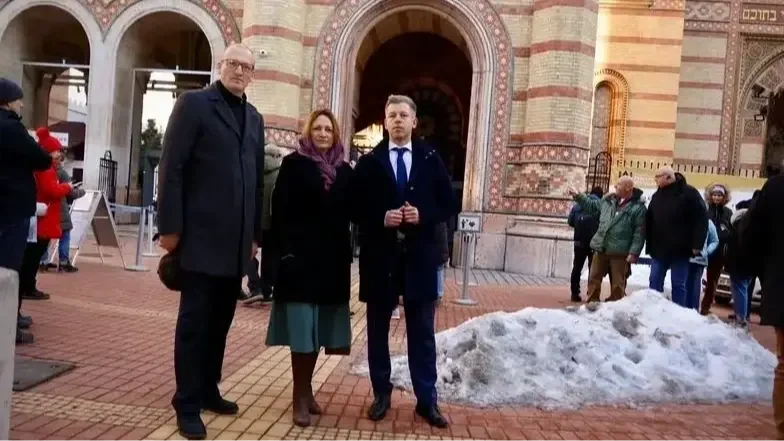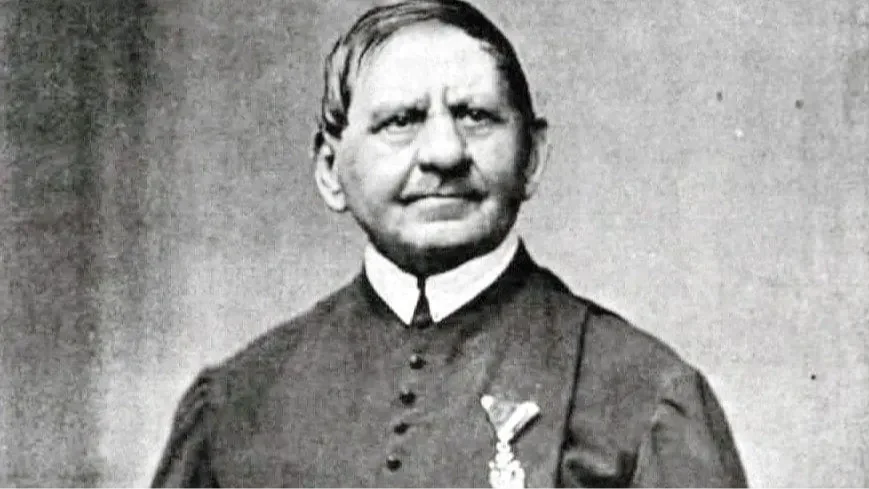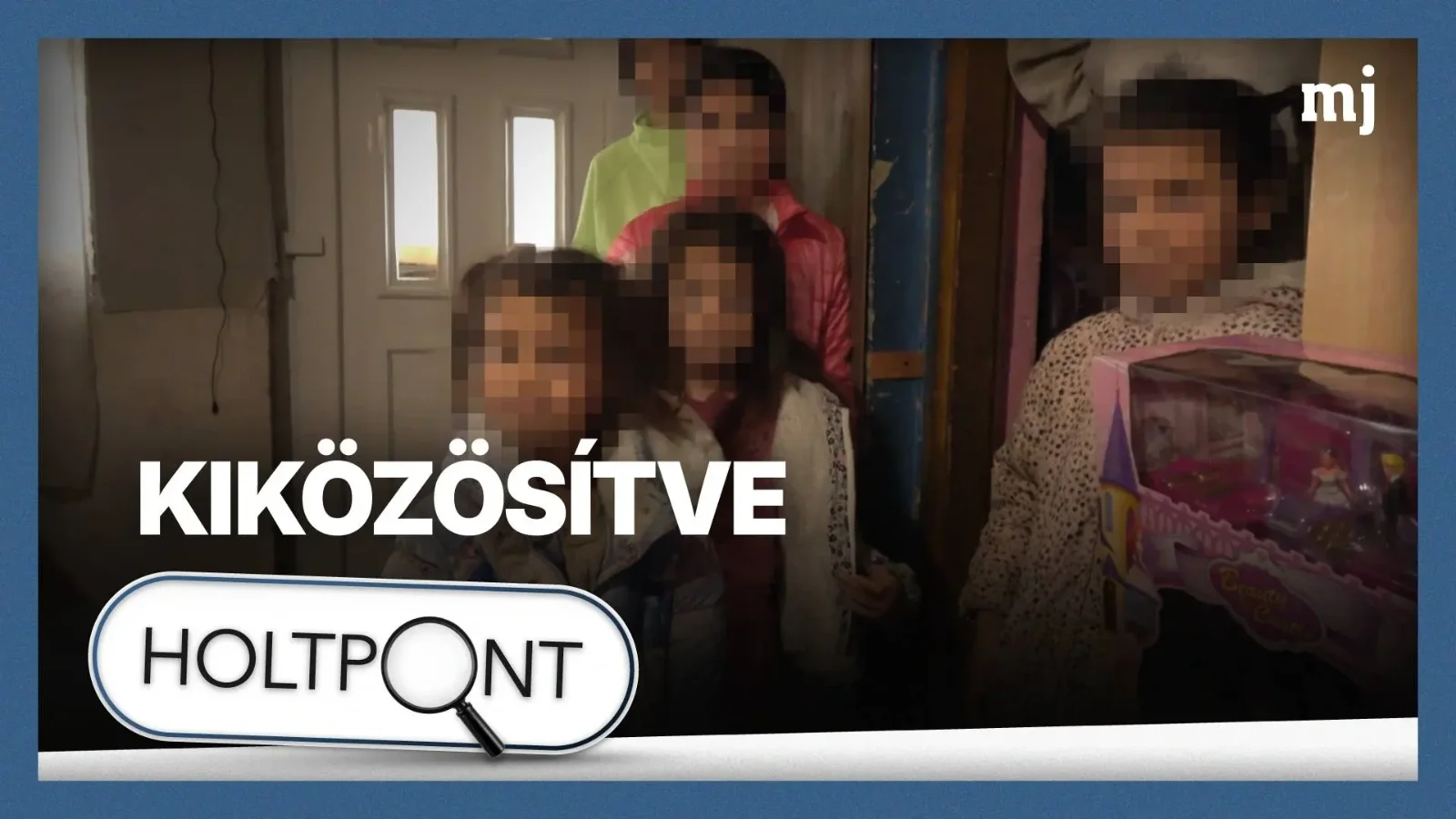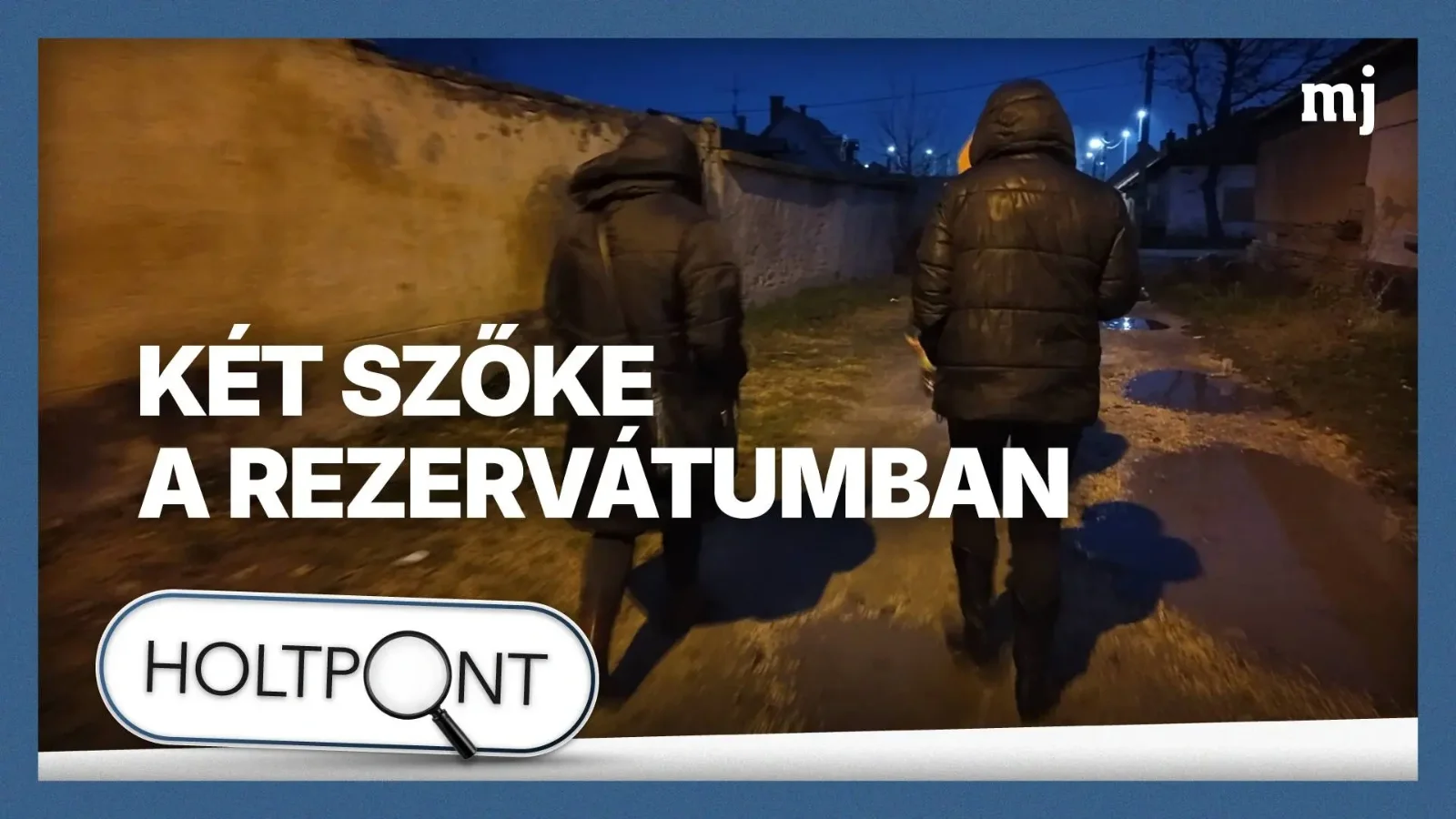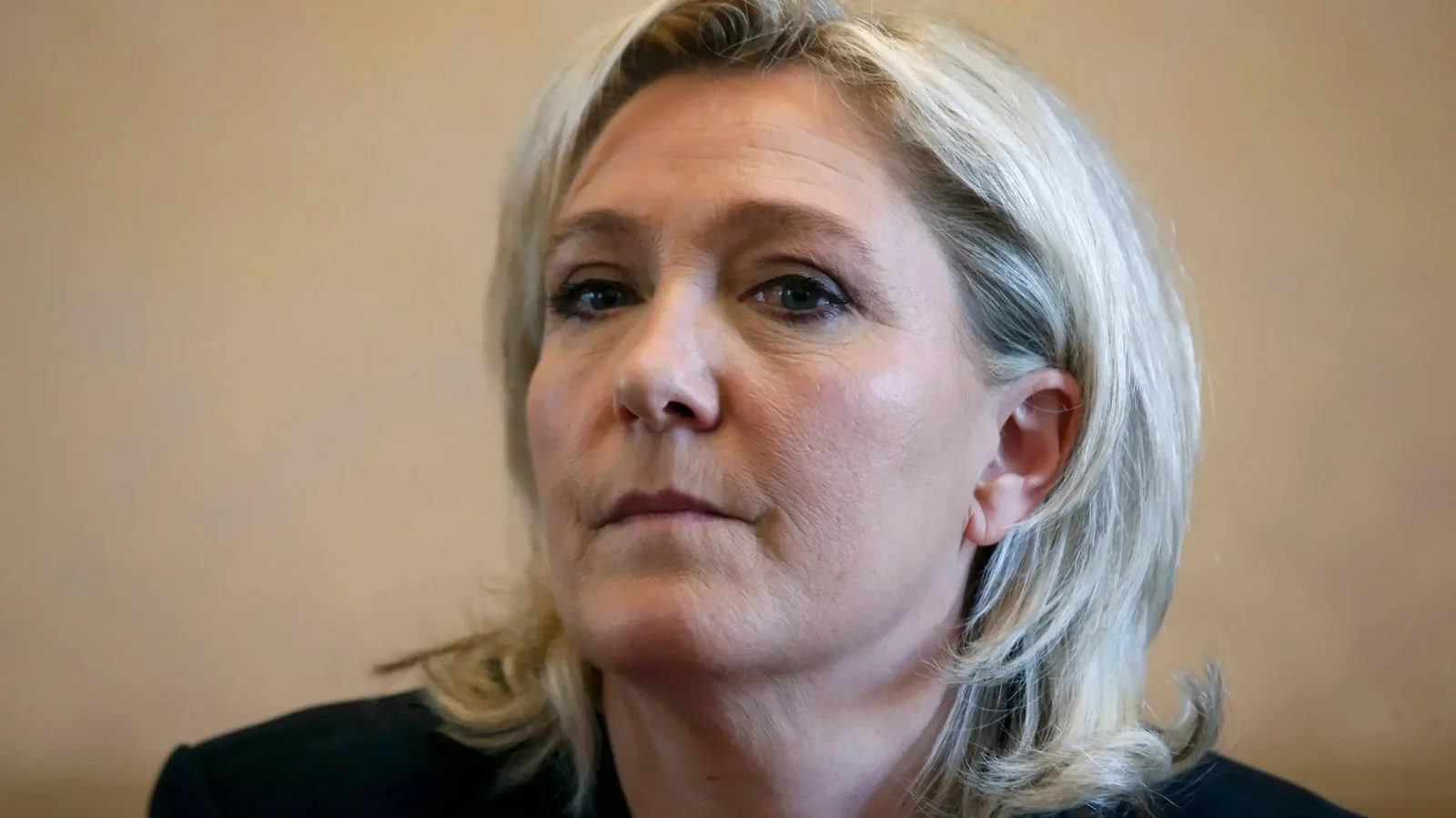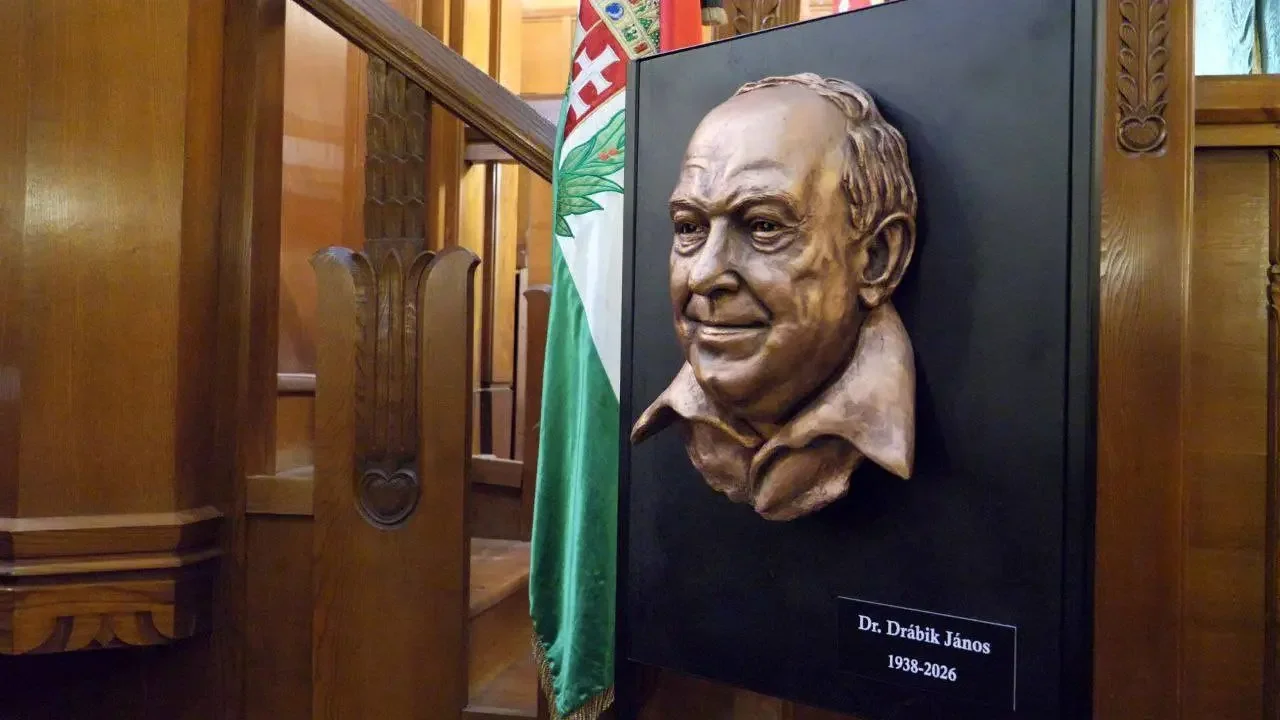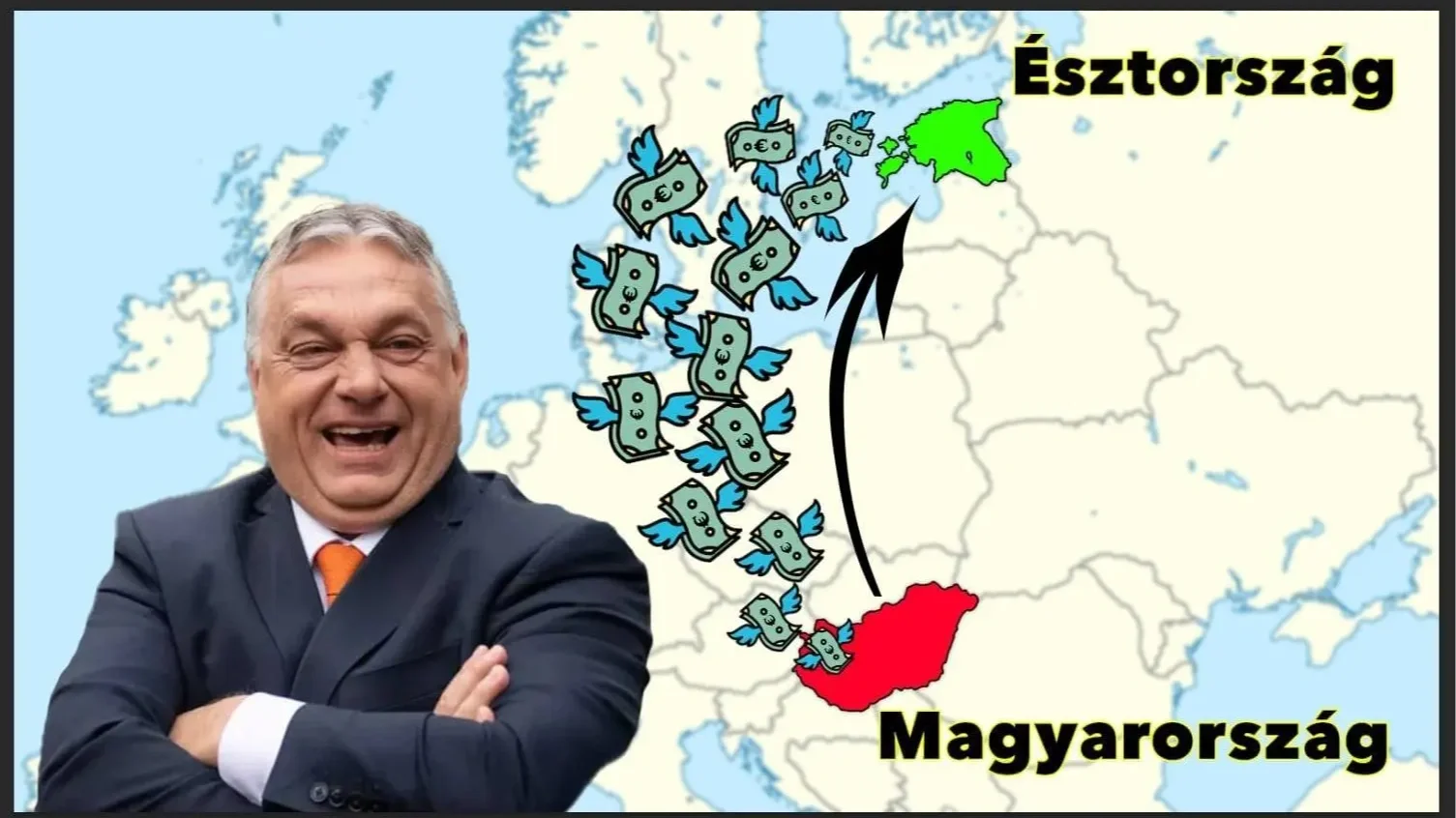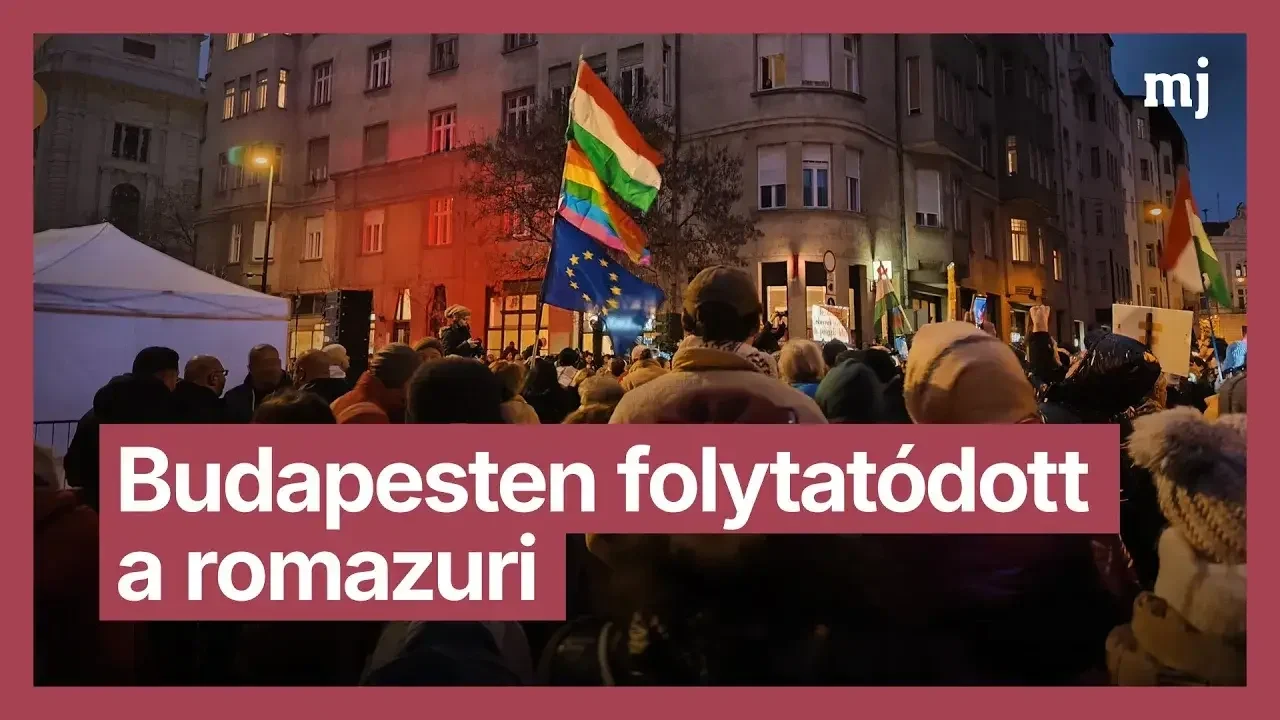Fidesz's Policies Under Scrutiny: A Case for Mi Hazánk
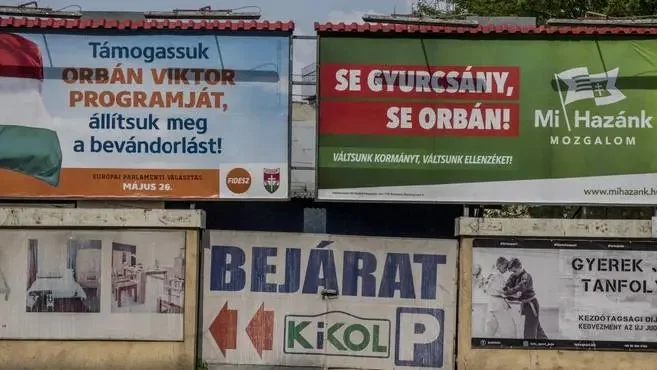 Kiemelt kép: HVG
Kiemelt kép: HVG
Hungary’s ruling party, Fidesz, led by Viktor Orbán since 2010, has combined civic patriotism with pragmatic governance, delivering economic growth and strengthened border security. However, concerns persist about cultural dilution, economic dependence, and the erosion of national sovereignty. Mi Hazánk Mozgalom (Our Homeland Movement) challenges these trade-offs, presenting a vision rooted in cultural preservation and national self-reliance—an approach that appeals to Hungarians increasingly wary of foreign influence and international pressure.
Fidesz’s System of National Cooperation (NER), established in 2010, has centralized power through increased state control over the media, economy, and key institutions—while maintaining broad popular support. Critics argue that the party has strayed from its civic patriotic roots, veering toward foreign entanglements, hidden globalist influences, and economic favoritism. Mi Hazánk, founded in 2018 by former Jobbik members who saw their old party as having abandoned its base, draws on the spirit of the 1956 uprising to mobilize those disillusioned with Fidesz’s often contradictory pragmatism.
Ideological Origins and Influences
Fidesz began in 1988 as an anti-communist youth movement promoting free markets and liberal democracy. Under Viktor Orbán, it gradually transformed into a civic patriotic party by the late 1990s, drawing inspiration from statesmen like István Bethlen, who envisioned a strong, centralized Hungarian state. In contrast, Mi Hazánk traces its ideological roots to interwar thinkers such as Dezső Szabó, who celebrated rural Hungarian identity, and László Németh, a staunch advocate of cultural self-determination. This ideological divide mirrors Hungary’s enduring post-communist struggle between national sovereignty and global integration—a tension reflected in Fidesz’s shifting Atlanticist leanings and Mi Hazánk’s unapologetically nationalist stance.
Across Europe, parties like the Netherlands' Party for Freedom, led by Geert Wilders, have fused civic patriotism with liberal, free-market economics—a strategy echoed in Fidesz’s own balancing act. In contrast, Mi Hazánk aligns more closely with movements such as Germany’s AfD or Bulgaria’s Revival, which emphasize cultural preservation and economic sovereignty over integration into supranational structures. As public discontent with globalism mounts—evidenced by the growing support for such parties—Mi Hazánk’s rising appeal may signal a deeper shift in Hungary’s political landscape, particularly among voters who see Fidesz’s approach as a compromise of core national values.
Cultural Nationalism and Identity
Despite their rivalry, Fidesz and Mi Hazánk share several core ideological values, both advocating for traditional family structures, Christian heritage, and resistance to Western liberal norms. Fidesz has passed laws restricting LGBTQ+ propaganda in schools and the media, positioning itself as the defender of Hungarian values.
Mi Hazánk, however, takes these positions further. The party advocates for a constitutional ban on same-sex marriage and stricter vetting of educational materials, often accusing Fidesz of making symbolic gestures rather than pursuing meaningful reform. "Fidesz flirts with tradition while globalist values creep in," Mi Hazánk leader László Toroczkai wrote on X on March 15, 2025, encapsulating his party's view that Orbán’s government has compromised too much in its pursuit of international legitimacy.
Migration and National Sovereignty
The two parties also converge on issues of migration and national sovereignty. Both supported the 2015 border fence and oppose the EU's mandatory migrant quotas. Yet Mi Hazánk criticizes Fidesz for what it sees as a quiet reversal—pointing to the recent influx of guest workers from Asia as evidence of ideological inconsistency. Fidesz's 2015 border security measures, including the construction of a fence along Hungary's southern frontier, reportedly reduced illegal crossings by up to 99%, reinforcing the government's image as a firm defender of national borders (Interior Ministry, 2024).
It is worth noting that László Toroczkai, now the leader of Mi Hazánk and then mayor of Ásotthalom, a town on Hungary's southern border, had warned the government months ahead of the 2015 crisis about the growing threat posed by illegal migration. Ásotthalom was among the first towns affected by mass crossings, giving Toroczkai firsthand experience of the situation that would later inform his party's stance on migration issues.
By 2025, more than 120,000 non-EU guest workers had been admitted, according to data cited in parliamentary debates and national statistics (HCSO, 2017-2024). Family reunification visas have reportedly increased as well, suggesting a longer-term demographic shift in Hungary's labor force. Critics argue that these developments run counter to the government's earlier anti-immigration stance.
Mi Hazánk has become one of the most vocal critics of this policy shift. In a December 2024 press conference, Toroczkai condemned the government's labor policy, arguing that foreign workers are displacing Hungarians in sectors such as manufacturing, agriculture, and delivery services. Prime Minister Orbán has defended the policy, emphasizing that guest workers must leave the country once their contracts expire. However, observers note that similar systems in countries such as Germany have faced enforcement challenges, raising concerns about long-term integration.
In cities like Debrecen and Kecskemét, some residents have reported a sharp rise in crime near dormitories housing guest workers (Magyar Jelen, 2025). While these programs have helped alleviate labor shortages and support economic growth, they have also sparked concerns about housing availability, community cohesion, and national priorities.
Hungary's past—marked by its response to the 2015 migrant crisis—underscores the public's sensitivity to demographic change. Fidesz's shift toward guest worker programs has triggered renewed debate, with Mi Hazánk framing it as a betrayal of Hungary's 2015 "victory," while Fidesz presents it as a necessary adaptation to meet economic demands.
COVID-19 Pandemic, WHO, and Vaccinations
As of May 2025, Hungary continues to navigate the aftermath of the COVID-19 pandemic, with Fidesz and Mi Hazánk offering divergent views on public health policy and international cooperation. Fidesz, under Viktor Orbán, has maintained a proactive stance on vaccinations, leveraging a mix of EU-approved and Eastern vaccines to achieve one of the highest vaccination rates in the EU. The party frames its approach as a pragmatic response to public health needs, emphasizing Hungary's sovereignty in choosing vaccine sources despite EU skepticism toward non-Western options. However, critics argue that Fidesz's reliance on international suppliers undermines its nationalist credentials, exposing Hungary to foreign influence in critical sectors (Hungary Today, 2021).
Mi Hazánk, by contrast, has consistently opposed mandatory vaccinations and criticized the government's pandemic restrictions as overreach. The party has also voiced strong opposition to the World Health Organization's (WHO) proposed pandemic treaty, which it claims would erode national sovereignty by granting the WHO unprecedented authority over Hungary's health policies. In line with this stance, Mi Hazánk advocates for Hungary to withdraw from the WHO altogether, arguing that membership compromises the country's ability to make independent health decisions. "The WHO's agenda is a Trojan horse for globalist control," Mi Hazánk leader László Toroczkai declared in April 2025, echoing the party's broader distrust of international bodies (Toroczkai, X, April 29, 2025). This position resonates with Hungarians wary of external influence, positioning Mi Hazánk as a defender of national autonomy in health governance (Magyar Nemzet, 2022; 444.hu, 2023).
Looking ahead, both parties face mounting pressure to address Hungary's long-term pandemic preparedness. Fidesz advocates for continued integration with EU health frameworks while securing bilateral vaccine deals, whereas Mi Hazánk calls for a self-reliant strategy that prioritizes domestic pharmaceutical production and rejects supranational mandates. As global health governance evolves, the debate over Hungary's role in international health initiatives will likely intensify, reflecting deeper tensions between pragmatic cooperation and principled sovereignty.
Economic Policy and Self-Reliance
Between 2014 and 2022, Hungary's economy averaged 3.5% annual growth, with unemployment stabilizing around 4% (Eurostat, 2020-2023). This progress, however, has relied heavily on €6.5 billion in EU funds and the presence of foreign multinationals, which account for 40% of exports (HDRI, 2023-2024). At the same time, public debt remains at 75% of GDP, and income inequality has increased by 15% (TÁRKI, 2024).
The 2023 slowdown in the automotive sector highlighted Hungary's vulnerability to external markets, with job losses in industrial hubs like Győr (Hungarian Academy of Sciences, 2022). Energy dependence on Russia—exacerbated by the 2022 price shocks—adds another layer of risk (Ministry of Energy, 2024). Fidesz's economic model recalls Hungary's post-Trianon reliance on foreign powers, a period that led to calls for greater self-sufficiency. Mi Hazánk's plan for economic resilience prioritizes independence, even if it could potentially come at the cost of the rapid economic growth that Fidesz has pursued—a trade-off its supporters consider worthwhile for long-term sovereignty and stability.
Foreign Policy and International Relations
Fidesz's foreign policy straddles defiance and pragmatism, particularly in its relations with the EU, NATO, and global conflicts. Mi Hazánk, by contrast, advocates for strict neutrality and sovereignty, rejecting these entanglements outright. For Mi Hazánk, neutrality is not isolationism but a return to autonomous decision-making rooted in national interest.
Fidesz has navigated a delicate balance with the EU and NATO, selectively defying policies like immigration quotas while maintaining Hungary's economic and strategic ties to these blocs. This pragmatism has strained relations with Brussels, particularly over judicial independence and accusations of corruption, leading to the freezing of €7.5 billion in EU cohesion funds (EC, 2023-2024). Despite these tensions, Fidesz remains committed to Hungary's EU membership for its economic benefits.
Mi Hazánk advocates for a policy of strict neutrality, explicitly rejecting both NATO's military commitments and the EU's foreign entanglements, arguing that Hungary should act as a bridge state rather than a geopolitical pawn. Mi Hazánk has opposed NATO's expansion—particularly the accession of Finland and Sweden—on the grounds that it increases regional tensions and undermines stability (mihazank.hu).
Fidesz's foreign policy extends beyond Europe, most notably through its deepening ties with Israel. In April 2025, Hungary announced its withdrawal from the International Criminal Court (ICC), a move framed as a rejection of the court's politicization but widely seen as a gesture of solidarity with Israel amid ICC actions against its leadership (Origo, 2024). Critics argue this decision underscores Fidesz's selective defiance—challenging international bodies when aligned with foreign allies but not as forcefully when Hungary's own interests are at stake within the EU.
In line with its non-aligned worldview, Mi Hazánk calls for Hungary to remain neutral in the Israel-Palestine conflict. The party condemned the Orbán government's alignment with Israel, particularly after Hungary's invitation to Benjamin Netanyahu despite the ICC arrest warrant. Toroczkai has urged Hungary to support the UN's call for an immediate ceasefire and a two-state solution, warning that taking sides in foreign wars could drag Hungary into broader conflicts (Dúró, X, February 2025).
While refusing to supply Ukraine with weapons, Prime Minister Viktor Orbán has provided €60 million in humanitarian aid, attempting to balance NATO expectations with Hungary's domestic wariness toward foreign entanglements (NBH, 2024). On the war in Ukraine, Mi Hazánk and Fidesz share similar views: both reject sending weapons to Kiev and instead call for an immediate ceasefire and negotiated peace.
More broadly, Mi Hazánk sees Hungary's current foreign policy as subservient to outside powers, while delivering few strategic dividends. They claim that the current Hungarian government is inconsistent in defending national sovereignty, pointing out that Fidesz challenges international institutions only when politically convenient. Mi Hazánk has also raised concerns over foreign influence through dual citizenship among Hungarian MPs, calling for full transparency to ensure national loyalty.
Historical Context and National Identity
Hungary's history of resistance to foreign powers—from numerous uprisings against Habsburg rule to the 1956 uprising against Soviet domination—forms the bedrock of its enduring commitment to national sovereignty. These struggles, rooted in the pursuit of independence and cultural preservation, are central to Mi Hazánk's political vision. The party positions itself as the true heir to this legacy, framing its rejection of the EU and NATO as a modern parallel to Hungary's past defiance of external autocratic control.
In contrast, Fidesz’s pragmatic approach—selectively opposing EU directives while maintaining NATO membership and deepening entanglements with Israel—is seen by Mi Hazánk as a betrayal of that legacy. To them, Fidesz’s compromises reflect a readiness to subordinate national interests to foreign agendas—a charge that resonates with Hungarians who see their history as a warning against the dangers of outside influence.
Hungary's past experiences—being caught between larger powers like the Habsburgs, Ottomans, and Soviets—have instilled a deep-rooted wariness of foreign domination. This historical context is essential to understanding Mi Hazánk's appeal: the party taps into a nationalist sentiment that values cultural integrity and autonomy over supranational integration. For its supporters, Mi Hazánk's platform is not just a political stance but a reclamation of Hungary’s defiant spirit.
Fidesz has delivered tangible gains for Hungary, but its compromises on immigration, sovereignty, and foreign alignment raise deeper questions about the nation’s direction. Mi Hazánk presents a more uncompromising alternative—rooted in cultural preservation, economic self-reliance, and unwavering national pride. As the global order fractures and traditional alliances strain, Hungarians face a pivotal choice: continue down Fidesz’s pragmatic path of managed integration or embrace Mi Hazánk’s vision of principled national sovereignty. The decision is more than political—it is a referendum on what kind of Hungary will define the next generation: one that adapts to global pressures, or one that stands resolute in defense of its sovereign identity.
Sources:
444.hu (2023), Átlátszó (2023), European Commission (EC) (2023–2024), Eurostat (2020–2023), Hungarian Demographic Research Institute (HDRI) (2023-2024), Hungarian Central Statistical Office (HCSO) (2017–2024), Hungarian Academy of Sciences (2022), Hungary Today, (2021), Interior Ministry (2024), Magyar Jelen (2025), Magyar Nemzet (2022), Migration Aid Society (MAS) (2024), Ministry of Energy (2024), National Bank of Hungary (NBH) (2024), National Election Committee (NEC) (2014, 2022), Origo (2024), Századvég (2023), TÁRKI Social Research Institute (2024), Mi Hazánk official website (mihazank.hu), Toroczkai, X post, March 15, 2025, Toroczkai, X Post, April 29, 2025, Dúró, X post, February 2025.
Az X- és Telegram-csatornáinkra feliratkozva egyetlen hírről sem maradsz le!Mi a munkánkkal háláljuk meg a megtisztelő figyelmüket és támogatásukat. A Magyarjelen.hu (Magyar Jelen) sem a kormánytól, sem a balliberális, nyíltan globalista ellenzéktől nem függ, ezért mindkét oldalról őszintén tud írni, hírt közölni, oknyomozni, igazságot feltárni.
Támogatás


